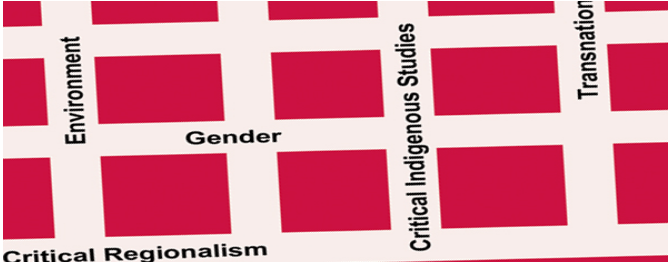
American Studies ETDs
Publication Date
5-1-2018
Abstract
The reintroduction of wolves opened a new chapter in the story of wolves in the U.S. West. But what the conservation community considers moral progress, welcoming the once violently eradicated wolves as an important part of a healthy ecosystem, those opposing wolf restoration consider their return a decivilizing, regressive move back to a by-gone era. In the contentious discourse over wolf politics, the fairy tale of Little Red Riding Hood is used as a common metaphor; its prevalence and persistence in this discourse indicates that more than an innocuous children’s bedtime story is in question.
To examine the potential cultural and political currency the fairy tale brings into this discourse, I rely on Mikhail Bakhtin’s notion of the dialogic nature of an utterance. An utterance is never a neutral expression, but an active participant in an ongoing social dialogue; Little Red Riding Hood brings into this discourse a distinct voice of a fairy tale that imbues new meaning and relevance in the tenacious dialogue between the pro-wolf and the anti-wolf sentiment. Looking at the contextual and relational interaction of the utterance brings visibility to how Little Red Riding Hood provides a vehicle to disseminate, manipulate, and proliferate competing cultural and political messages about much larger issues than the presence of the biological wolves in the U.S. West.
Language
English
Document Type
Thesis
Degree Name
American Studies
Level of Degree
Masters
Department Name
American Studies
First Committee Member (Chair)
David Correia
Second Committee Member
Susanne Baackmann
Third Committee Member
Alyosha Goldstein
Recommended Citation
Lappalainen, Kaisa T.. "Little Red Riding Hood in the Dialogic Tension of Wolf Politics in the U.S. West." (2018). https://digitalrepository.unm.edu/amst_etds/60
